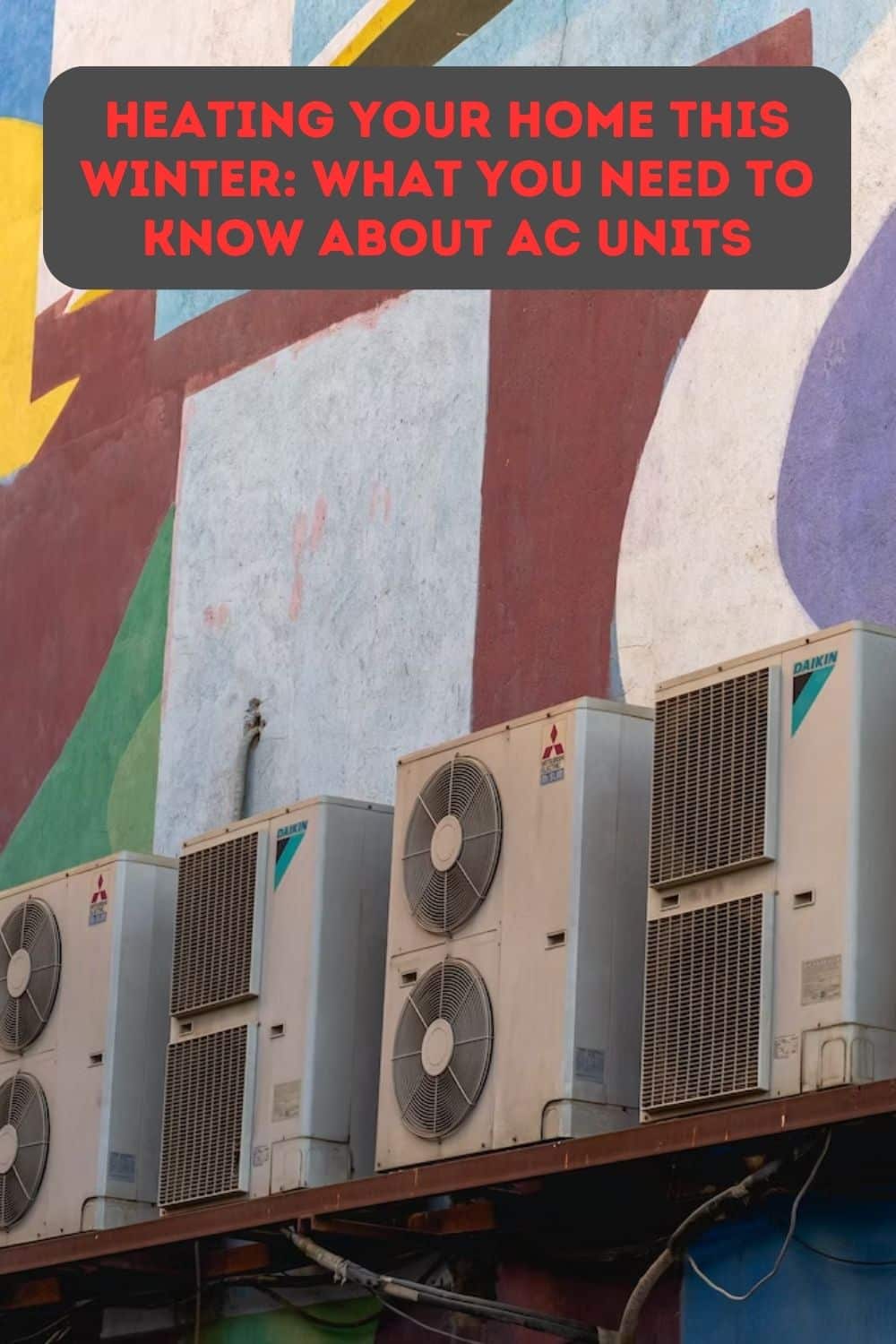Winters can be freezing cold, but there are numerous ways to keep your house toasty without turning up the heater. A simple Google search will highlight several inexpensive yet easy hacks that will keep your house warm without breaking the bank – these solutions may especially prove useful for renters who may find it challenging to ask landlords for repairs and upgrades to their property.
One of the easiest and most energy-efficient ways to make your home more energy-efficient is by installing double-glazed windows. These will trap air between panes of glass, keeping your home warmer while adding reflective coating can even further lower heating bills by reflecting the sun back into rooms.
Thankfully, this article suggests that an effective way to reduce heating costs is using a programmable thermostat or timer, which will automatically switch your heat on and off at regular intervals, saving you from forgetting or leaving it on for too long. For freestanding heaters, setting their start-up times a few minutes prior to getting up is helpful for saving on costs during the day, and then shutting them off at night can save even more.
Be mindful of energy prices, which can fluctuate significantly depending on when and how often you use you’re heating and cooling. A price comparison website is an effective way to see what various companies are charging compared to your current provider while switching to a fixed rate plan may prevent further price fluctuation down the road.
How To Heat Your Home This Winter Season
As winter draws near, it is also essential that we be extra aware of older family members or friends who may be at risk from the cold. Make sure they have enough food, water, and medication; their heating is working correctly; and that they remain at least a meter from any fires or open flames.
Be a smart consumer by purchasing appliances with energy star ratings – this can help lower both electricity and gas bills. Make sure your air conditioner fits exactly with the size and layout of your home; an undersized unit may work harder while an oversized one will use more energy.
Check that your windows and doors are sealed tightly to maintain optimal insulation in your home. Any cracks or gaps may allow heat to escape through cracks in doors or windows; adding weather stripping or gap filler will ensure a tight seal for maximum energy savings.
Make the switch to LED bulbs that use up to 75% less energy than their halogen counterparts and last up to 10 times longer, meaning less frequent bulb replacement needs.
For some other easy tips – drafts let cold air into your house and waste heat, so it is wise to inspect and seal them as soon as possible. You can also contact https://www.airconadvisory.com/ to learn more. Heat only the rooms you use and turn off heaters when not present – many appliances still consume stand-by power when switched off!
As nearly 40% of household energy consumption goes towards heating and cooling needs, prioritizing sustainable practices and smart home upgrades as a way of cutting your costs this winter. Insulation, draft proofing, sealing cracks, and getting an energy assessment may all significantly cut back your bills; while professional advice regarding energy-efficient lighting upgrades could provide even further savings.
Ducted Heating
If you’re searching for an energy-efficient way to heat your Brisbane home this winter, a gas-ducted heating system could be just what’s needed. These whole-of-home systems offer comfortable warmth without bulky outdoor units. A gas ducted system works by pulling air in from its return air grille and passing it over a heat exchanger heated by natural gas combustion; then dispersed around your home via vents and outlets in ceiling and floor space through network vents for even distribution and an instant, consistent temperature setting.
One of the primary advantages of ducted heating systems is their versatility – you can use them to heat both the entire house and just select rooms, giving you flexibility and comfort. They also make temperature regulation easy in different parts of your home, which may be particularly helpful if you suffer from asthma or another respiratory condition that requires controlled environments.
Another advantage of ducted gas heating systems is that they use natural gas instead of electricity to reduce energy costs and carbon emissions, while still producing warm air from outlets and having higher combustion efficiencies than reverse cycle systems.
Gas ducted heating systems are easy and affordable ways to add heating to any room, whether that means roof space or under-floor installation. Installation takes only minutes per room and won’t affect wall space for photos and artwork – making the ducted heater barely visible in your home!
If you’re searching for an energy-efficient heating system that still delivers plenty of benefits, there’s another option: a split system might be perfect for you. Easy to install and boasting numerous advantages over other forms of systems, this type of setup offers lower energy costs than others.
Split systems divide an air conditioning system into two distinct parts, including an outdoor compressor or condenser and an inside air-handling unit connected by power cable, refrigerant lines, suction tubing, and drain lines for heating and cooling your home.
Split systems offer many advantages to homeowners, particularly when it comes to cooling different areas of their houses according to individual preferences. For instance, one might like their bedroom cooler than their living area while others might like shutting off certain unused rooms to save energy. With multi-head split systems, you can quickly create custom air conditioning zones in your home.
Split system air conditioning stands out as being both stylish and compact in design. As opposed to its counterpart, ducted air conditioning, which requires the construction of meters of internal ductwork within your walls and ceiling cavities, split systems can be installed either high up on a wall or wherever convenient; making it an excellent choice for rental properties or homeowners who wish to reduce maintenance costs.






Leave a Reply